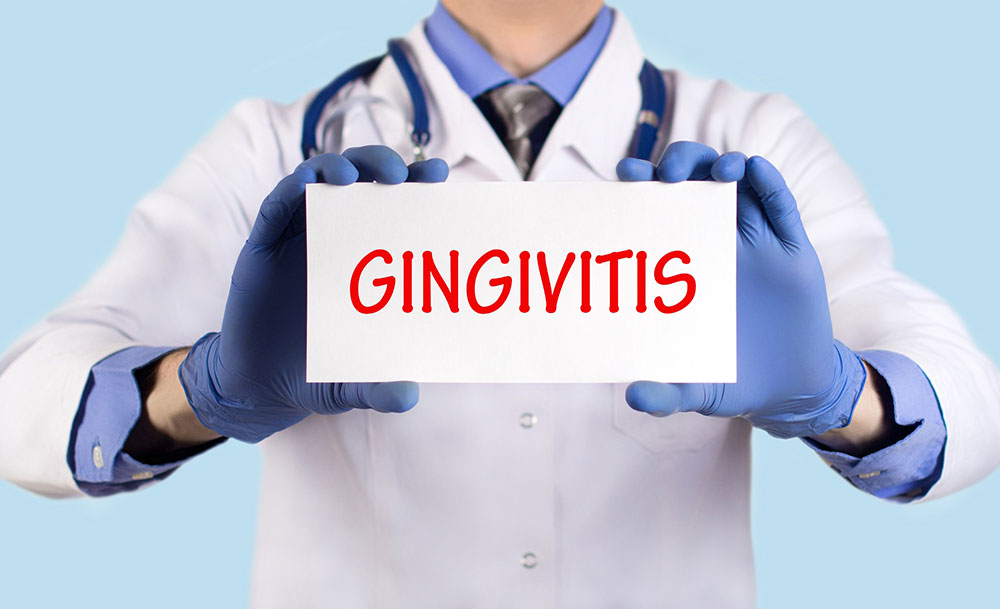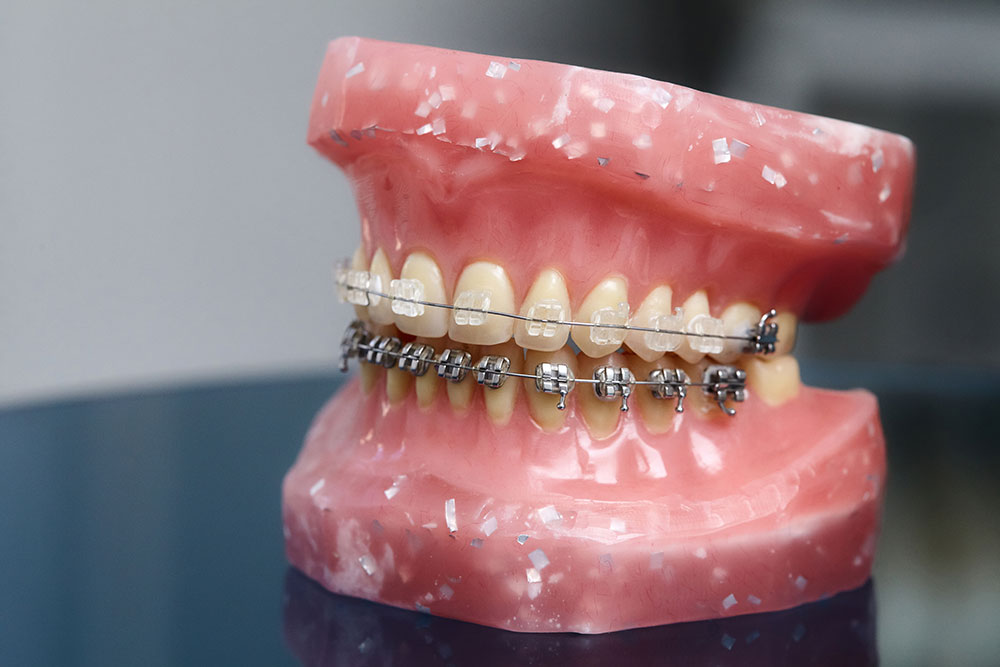Gingivitis: What You Need to Know
 Gingivitis is the medical term for gum disease. A dentist will normally detect this ailment by examining the condition of your gums. If they are swollen, painful or receding from your teeth, you may be suffering from gum disease.
Gingivitis is the medical term for gum disease. A dentist will normally detect this ailment by examining the condition of your gums. If they are swollen, painful or receding from your teeth, you may be suffering from gum disease.
There are numerous factors which play a role in developing gingivitis. Some common causes are a poor diet, emotional stress, diseases that lower the immune system and naturally, improper cleaning habits. Thankfully, this condition is normally reversible if detected early enough.
What are three expert suggestions which will protect your gums and enable you to display a healthy smile?
- Avoid processed foods and those high in substances known s hydrogenated oils.
- Flossing twice a day will help to remove food particles that have become trapped between the teeth.
- Quitting smoke will reduce your chances of developing gum disease.
"Both plaque and tartar and the bacteria involved irritate and inflame the gums."
Read more: https://draxe.com/gum-disease-natural-cures-causes/

 Tooth nerve pain and sensitivity can affect your quality of life, restricting the foods that you are able to eat and the activities that you can enjoy. Inside the mouth, each tooth is covered in a hard, protective coating called enamel. Certain factors can damage this enamel coating, causing it to wear away and reveal the soft tissue beneath. This leaves the teeth much more open to external elements, causing sensitivity and pain.
Tooth nerve pain and sensitivity can affect your quality of life, restricting the foods that you are able to eat and the activities that you can enjoy. Inside the mouth, each tooth is covered in a hard, protective coating called enamel. Certain factors can damage this enamel coating, causing it to wear away and reveal the soft tissue beneath. This leaves the teeth much more open to external elements, causing sensitivity and pain. From the very first few days after birth it is time to take care of an infant?s oral care even though there are no teeth as yet. Bacteria will still grow on leftover food and drink particles so it is important to keep the mouth and gums clean. Cleaning is quick and easy and should be done after every feeding as part of the daily routine.
From the very first few days after birth it is time to take care of an infant?s oral care even though there are no teeth as yet. Bacteria will still grow on leftover food and drink particles so it is important to keep the mouth and gums clean. Cleaning is quick and easy and should be done after every feeding as part of the daily routine. When finding suitable dental care for the whole family, choosing the right dentist is vital. The following suggestions may help when selecting the practitioner that is right for your family:
When finding suitable dental care for the whole family, choosing the right dentist is vital. The following suggestions may help when selecting the practitioner that is right for your family: Recent research suggests that the average dentist may be able to offer much more than good oral hygiene and pearly whites alone.
Recent research suggests that the average dentist may be able to offer much more than good oral hygiene and pearly whites alone. Though they're not in widespread use just yet, there are incredible technological tools being developed for your dentist to use to help them care for your teeth and gums.
Though they're not in widespread use just yet, there are incredible technological tools being developed for your dentist to use to help them care for your teeth and gums. Sensitive teeth are an extremely common problem with many diverse causes, but this issue can be controlled and often reversed if you know what's causing it.
Sensitive teeth are an extremely common problem with many diverse causes, but this issue can be controlled and often reversed if you know what's causing it. Straightening your teeth can be costly, but it?s far less expensive than a botched DIY technique you learned on a social network. Today?s orthodontists are noticing a startling increase in the number of people who are using pencils and rubber bands to fix their smile without the support of a dentist. The results can be riskier than merely the loss of teeth. String and dental floss can become lodged in the gum, requiring antibiotics and surgical removal. They can also loosen teeth to such an extent that they will need to be removed.
Straightening your teeth can be costly, but it?s far less expensive than a botched DIY technique you learned on a social network. Today?s orthodontists are noticing a startling increase in the number of people who are using pencils and rubber bands to fix their smile without the support of a dentist. The results can be riskier than merely the loss of teeth. String and dental floss can become lodged in the gum, requiring antibiotics and surgical removal. They can also loosen teeth to such an extent that they will need to be removed.


